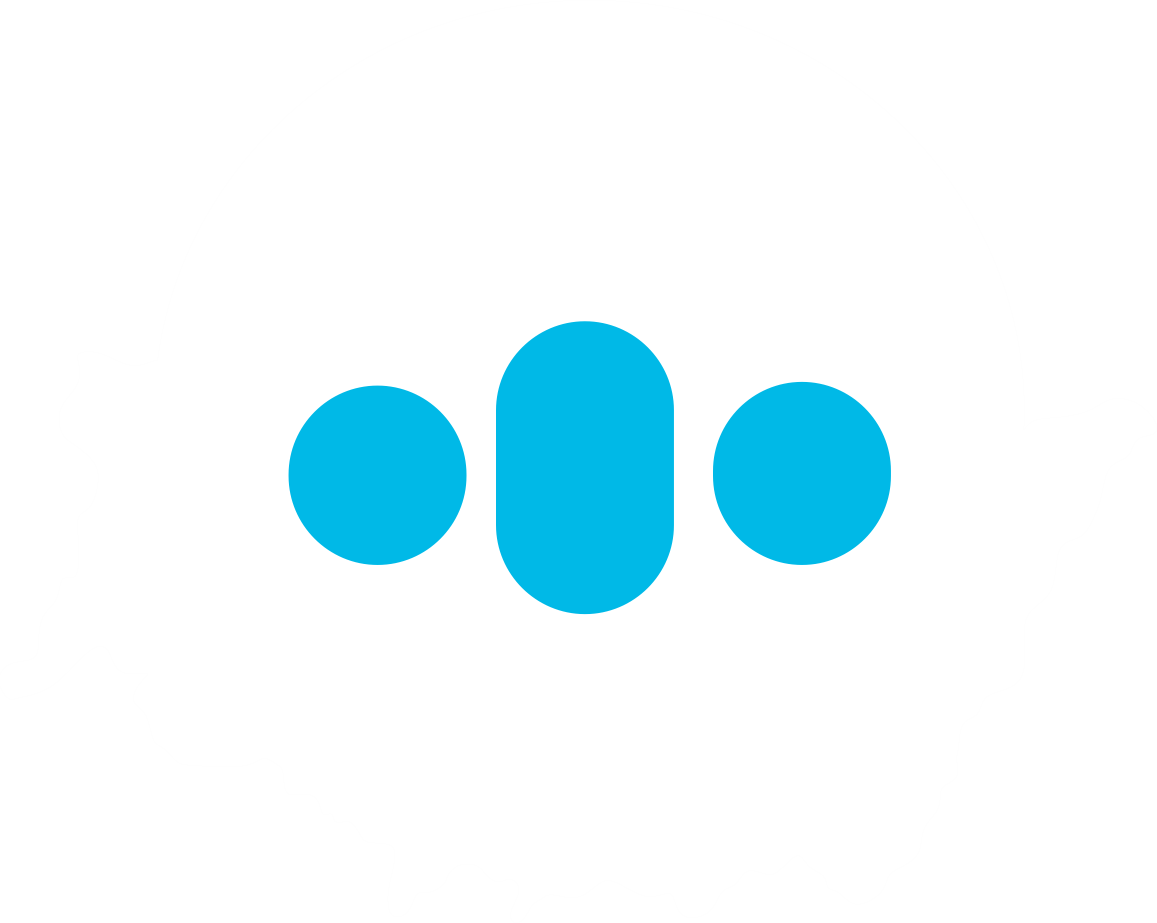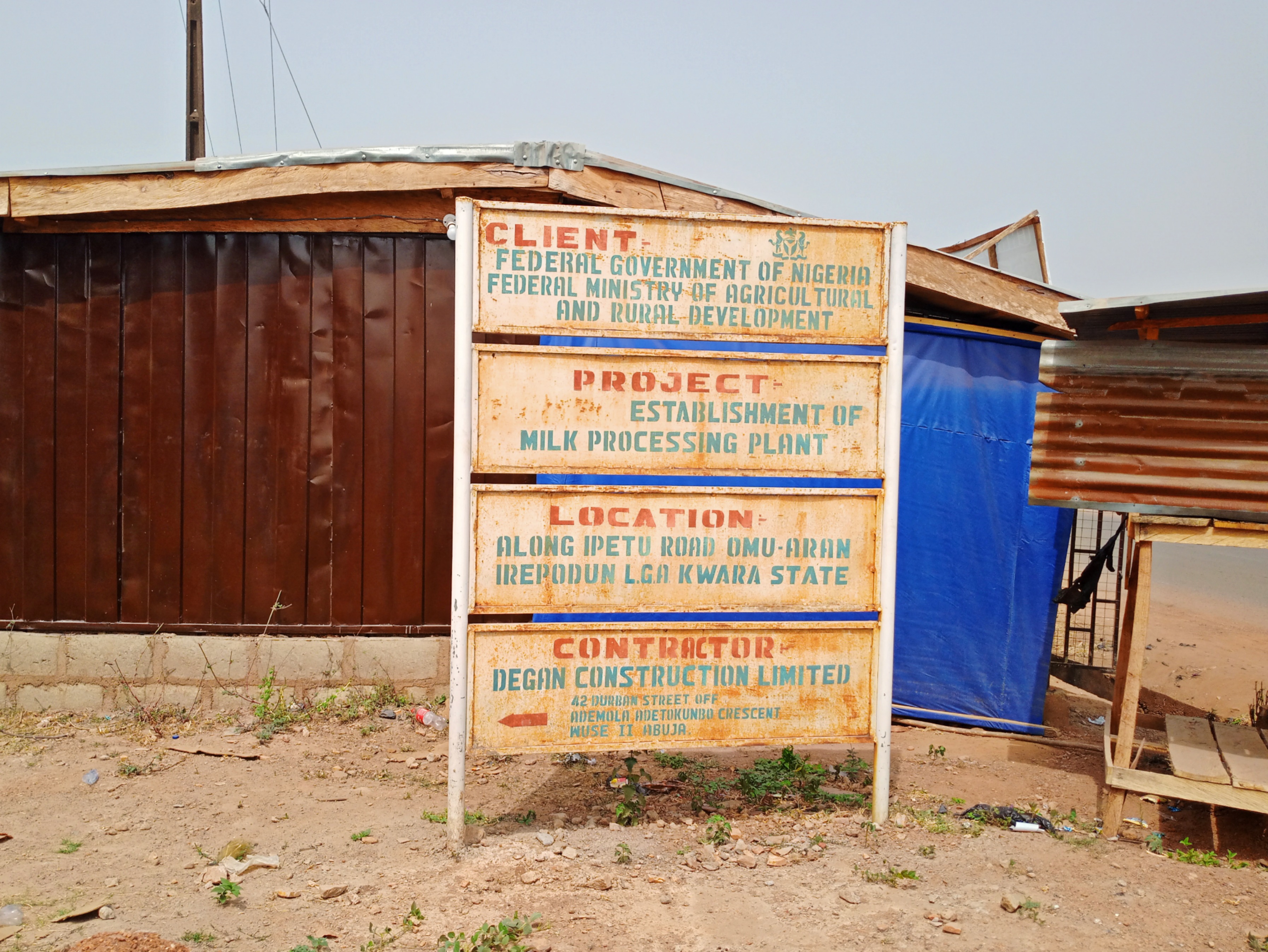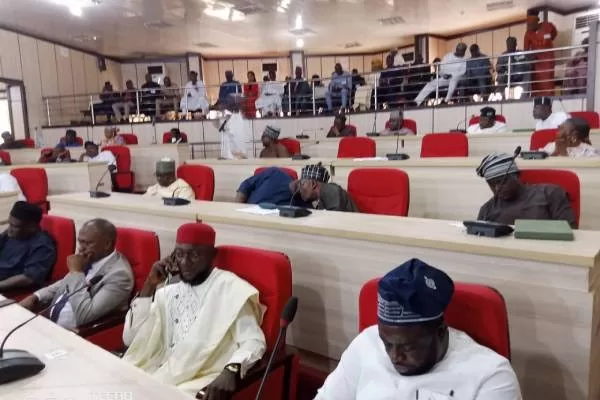The Women Environmental Programme (WEP) Nigeria, a non-governmental organization in Benue State has equipped over 100 farmers with vital skills that will further bolster food production and tackle climate change in the state. The Deputy Director of WEP Nigeria, John Baaki, explained the primary objective of the training initiative. He noted the necessity of empowering farmers, particularly those in vulnerable circumstances, to utilize indigenous materials such as neem seeds and local soap to fabricate organic agricultural inputs. The training, aptly named ‘Actions to Combat Climate Threats in Nigeria,’ spanned two intensive days. It formed part of WEP Nigeria’s ongoing endeavors in the communities of Adaka and Apir, both situated in the Makurdi local government area, and was funded by Christian Aid. Baaki emphasized the imperative nature of the program in light of the pervasive effects of climate change, both globally and locally. He stressed the organization’s commitment to assisting vulnerable populations in adapting to the evolving environmental landscape. The training sessions were targeted at a diverse demographic, encompassing women, men, and youths. This inclusive approach ensures that knowledge dissemination extends beyond the immediate participants, reaching broader communities untouched by the project’s direct outreach. Through comprehensive training sessions, these farmers have been adeptly educated on harnessing local resources to create biofertilizers, pesticides, and other organic farming essentials. It will further fortify food security within the state by promoting sustainable agricultural practices.
Month: March 2024
In a bid to restore order, the petitioners’ lawyer, Pius Akubo, SAN, requested an adjournment, which the tribunal granted, scheduling the continuation of the hearing for April 1st.
The protesting students held placards with different inscriptions such as: ‘No light to soak gari’ and ‘We no get SUG.
The appointment of Mr. Iorpev is contained in a letter dated 26th day of March, 2024, and signed by the Secretary to Benue State Government, Professor Joseph Alakali on behalf of the Governor.
The Benue State Governor Hycienth Alia on Friday in Makurdi inaugurated the executives of the Benue State Independent Electoral Commission (BSIEC)
However, when this reporter visited the location of the milk processing factory in January 2024, she found abandoned poultry in its stead. The once-promising infrastructure intended for dairy production now lay idle, its machinery left to neglect and rot.
Recall that the Governor embargoed the state’s accounts during his inaugural speech on May 29, 2023 to allow for proper transition.
Hyacinth Alia, the state governor, issued the order in Makurdi while meeting with the Benue Chapter of the Miners Association of Nigeria.
Describing the harrowing ordeal, Joseph remarked, “The Tuesday attack commenced around 4 pm and persisted until 8 pm
Manasseh Mbachii, one of TheMiddlebelt Reporters’ journalists, has been selected for the 2024 UDEME Accountability Reporting Fellowship program. The 2024 UDEME Accountability Reporting Fellowship is hosted by the UDEME, an accountability and transparency project of the Centre for Journalism Innovation and Development. Manasseh is among the twenty-one journalists selected out of the over 300 applications received both from Nigeria and Ghana for the six-month cross-country reporting fellowship and has undergone a two-day virtual capacity-building training. With this fellowship, Manasseh and twenty others will identify red flags in budget line items and unique patterns/trends in contract awards at the sub-national level, thereby setting the agenda for a transparent budget process in West Africa. Uchenna Igwe, the moderator of the fellowship, while addressing fellows at the two-day capacity-building training, said that the fellowship will focus on agriculture, education, health, and public infrastructure while placing emphasis on gender inclusion. During the training sessions, fellows were trained on investigative reporting, data for accountability reporting, budget formulation and process, and the role of journalists in the Nigeria Agenda 2050, drawing seasoned facilitators and journalists across Nigeria who helped in discussing the sessions. Tobi Oluwatola, the Executive Director of CJID, and CJID’s Deputy Director for the Accountability Programme, Mboho Eno, in their separate speeches, remarked the fellowship is aimed at building the capacity of journalists on the importance of data in social accountability and driving impact for investigative reporting in West Africa. Dapo Olorunyomi, the Chief Executive Officer (CEO) of the Centre for Journalism Innovation and Development, stated the legal basis for accountability journalism citing Section: 22 of the Nigeria’s Constitution and 162 {5} of the Ghana’s Constitution that mandated journalists to deliver on the goals of accountability in journalism. Dapo stated; “The first role of journalism in democracy is to serve as a mechanism of accountability.” On Data for Accountability, CJID’s Director of Programs, Akintunde Babatunde emphasized a need for fellows to collaborate with experts and organizations specializing in data analysis to ensure transparency in data sources and methodology while maintaining ethical standards and respect for privacy and security. In her closing remarks, the Program Manager for UDEME-CJID, Ijeoma Okereke congratulated fellows on their selection for the 2024 UDEME Accountability Fellowship and for successfully taking part in our 2-day training and information session, adding that story grants will be issued on a rolling basis within the fellowship period. The 2024 UDEME Social Accountability Reporting Fellowship is the project of the Centre for Journalism Innovation and Development (CJID), which seeks to build the capacity of journalists to identify red flags in budget line items and unique patterns/trends in contract awards at the sub-national level, thereby setting the agenda for a transparent budget process in West Africa.











